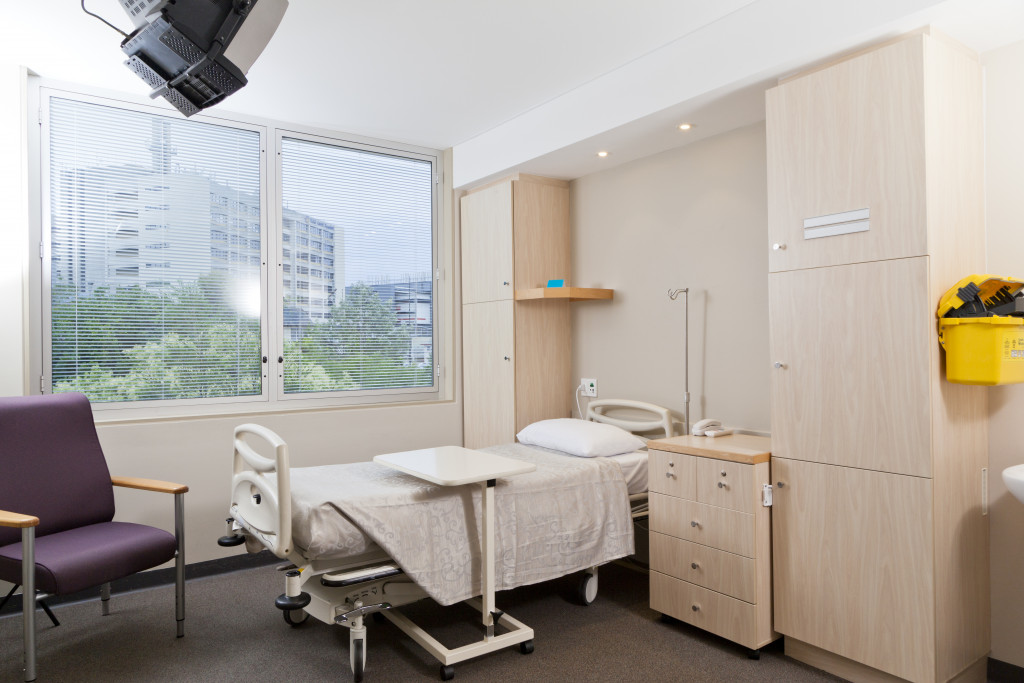When you decide to purchase a house, one of the things you need to consider before closing any deal is the location. You can be meticulous about the overall look of the home, the written contract, and the possible renovations the house should undergo before purchasing. Undoubtedly, these are also integral aspects of buying a house.
Still, the location is the most crucial consideration when buying a house because it will determine the success of the purchase. You also have to consider where you want your children to grow up because their environment can impact their future. Therefore, it would be best to scout around a peaceful neighborhood for a residential lot for sale to accommodate your and your family’s needs.
Here are the essential reasons why location is integral in purchasing a house:
1. Is It Near Your Workplace?
The workplace is one of the few things that you have to consider when purchasing a house. If the home you are purchasing is accessible to different workplaces, the price of the house can be lower because you have to consider the traffic. If the place you are purchasing is near your workplace, you can spend less on gas for your vehicle or less on fare because you can walk to work.
2. Is It Near a School?
The school should be a part of your decision-making when purchasing a house. Houses near schools are good in terms of your kid’s easy access to education. But this location can have too many people at a given time and too much traffic at specific hours. It is a good idea that your kids can go to a nearby school, but the traffic can affect your routine every morning and afternoon. It would also mean that the house has a lower value because of traffic and noise.
3. Is Public Transportation Accessible?
When an area is near public transportation, the price of the house tends to be higher. Public transit affects the house’s location because it has more accessible access to transport, which could mean more traffic. On the other hand, places that only have access to a few types of public transport could mean you have to know the schedule of the bus’s arrival.
4. Is It Near a Grocery Store or Supermarket?
Grocery stores or supermarkets should also be a part of your decision-making when buying a house. Areas near supermarkets or grocery stores can have a lower value because of the traffic and noise. The homes in this area can be sold at a smaller value over time, especially if traffic becomes worse each year. Reselling your house can be difficult because of all things considered. But if you plan on staying at this place for a longer time, then you have easy access to stores. It can be more convenient for you as you build your family in the house you bought.
5. Is It Located Near a Hospital?

Houses nearby hospitals tend to have a lower value due to traffic and noise. It can be beneficial for you to consider, especially when on a tight budget. However, the traffic can be challenging to get into because of frequent accidents. On the other hand, this will be a good thing for you because it will be easier for you to get into a hospital because of the distance. You can go to the hospital for check-ups just by walking a few blocks.
6. Can You Resell the House in the Future?
You can also consider this reason, especially if you have plans of living in a different city after your retirement. Is the house that you are purchasing today the same place you want to retire? Can this be inherited by one of your kids for their future? Or you can sell this anytime and buy a bigger and better house in a better location sometime in the future. It should be part of your decision because you will be the one to live in it.
7. Is It an Area for Development?
Houses located in developing areas have lower value now than in the future. Once a site has improved, the home’s value can be higher than before because it is in a fully developed city. Some houses built before other establishments have a lower price than houses built after the area created other establishments. But now, the house’s value increased because of the city or area’s progress. It would mean that if your home’s location is an area going renovation, reselling it in the future can give you more value to it.
8. Is the Neighborhood Peaceful?
The neighborhood will affect your decision when purchasing a house because you will interact with the people in this area. Living in a good community could mean that you have friendly neighbors, and you can easily ask for their friendship and help in the future. However, areas with bad neighborhoods have less value in their properties because of the community’s nuisance. Bad neighbors could mean too much domestic violence in the area, and your kids might not be safe when they walk at night.
7. Does It Have Centrality?
When you think of centrality, this pertains to the desirability that the area gives off. Places with lower desirability mean that it creates a demand for houses to be constructed in the area. If there is less desirability, there will be less demand, and less demand means the site may have a smaller population in the future. When a house has too much room for expansion but only has a slight growth in the population, homes are left uninhabited. It usually occurs in suburban areas where development is a bit scarcer than that in the city.
8. Where Is the Lot Located?
The location of the lot itself can make or break your decision to purchase a house. Houses in nearby busy streets tend to have lower costs, but reselling them in the future will be more complicated because it depreciates at a faster rate. However, a house set in a prime location with a good view of a body of water can have a higher value now, and it will depreciate at a slower pace. It will ensure that you can resell your house at a higher value in the future.
These things are the most important reasons to consider when purchasing a house. The location can increase or decrease the house’s value that you are buying at a slower or faster depreciation rate. It would mean that you could live in the house conveniently because the area is near establishments that your family might need in the future.

